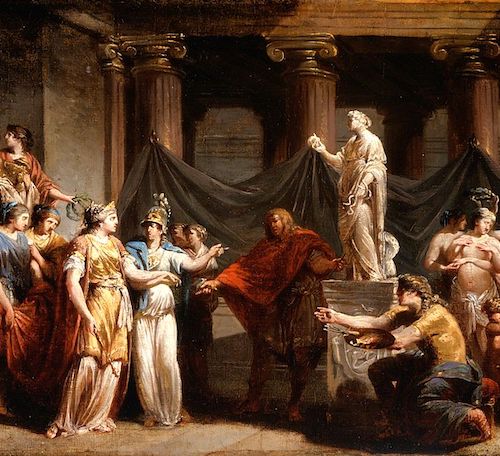
In a recent interview with Kara Swisher, investor Mark Cuban made headlines when he predicted the coming demand for liberal arts majors. “I think a liberal arts major is just as important in the future as a coding major,” Cuban said, going on to note that computer science grads have better short term prospects right now, but that might not always remain true. Why was this statement so noteworthy? Because for years, the conventional opinion has been that pursuit of a degree in literature or sociology would end behind the counter of a local coffee shop. However, when looking at surveys of employers and educators, flaws in this line of thinking are already beginning to show.
We’ve written extensively about the foundational skills gap, and how hiring managers consistently express disappointment at the “soft skills” of recent graduates. In this regard, outcomes of a liberal arts education—including critical thinking, communication, and reasoning—are already in short supply and high demand.
But there’s another factor at play in the current shorting of liberal arts degrees. Graduates themselves often don’t understand the value of what they’ve learned. For example, their degree in history may have involved copious original research, but they don’t always connect that skill to the research required for success in careers like marketing, management, or product design.
Graduate employability is one of the most important metrics any school tracks, and its impact on enrollment can mean the difference between an institution remaining open or closing its doors. When colleges make the decision to help students understand the value of their studies, and when they give students the tools to craft their own narrative, the results can be transformational. Clarke University’s vice president for academic affairs, Dr. Susan Burns presented a webinar on her experience launching such a program, and you can access the recap and recording here.
In the knowledge economy, the constant disruptions and ever-quickening pace of change reward those who have learned how to learn, and a liberal arts education is a powerful tool in this context. Institutions of higher ed can maximize graduate potential even further when they invest in foundational skills instruction. See more of our research and learn about the pathways innovative colleges and universities have taken to ensure students graduate well-prepared for the world of work—no matter which major they chose.






